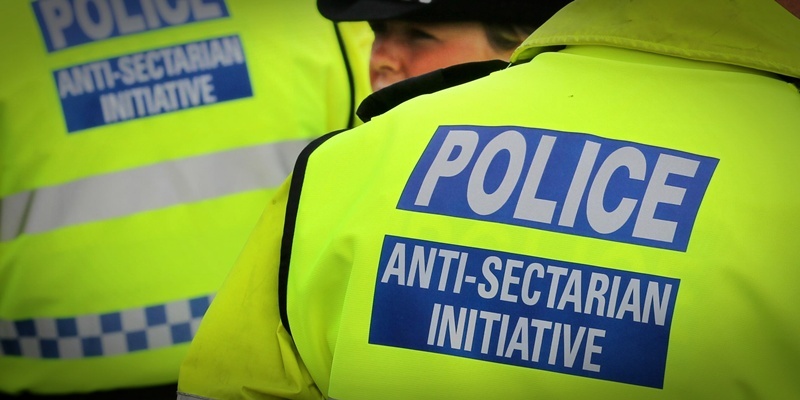The SNP’s controversial crackdown on football bigotry has worrying parallels with a ”police state”, a Dundee academic has claimed.
Abertay University sociology and criminology lecturer Stuart Waiton spoke out as he prepared to go to Edinburgh today to deliver a 3,000-signature petition against the bill.
SNP MSPs are expected to use their majority to give final approval to the Offensive Behaviour bill at the Scottish Parliament this afternoon, despite widespread opposition from other parties.
Dr Waiton, who previously described the legislation as a ”snobs’ law”, insisted the SNP had refused to listen to reason and is pushing ahead with proposals that will considerably curtail civil liberties.
He said: ”The SNP MSPs regularly condemn the opposition by saying ‘How can you oppose this legislation when the police say they need it?’
”It is as if they have lost the ability to recognise that police are not meant to make the laws. When the police are making the laws, you are looking at a police state.”
He said the Scottish Government has not done enough to address concerns about the bill.
”As far as I can see, they have not reacted to the opposition. They have dug their heels in and made no substantial changes.
”I think the problem is it would be a bit too much of an embarrassment for them to back away, as they would have to accept there were serious problems in the first place.”
Dr Waiton said there are already signs that the policing of football matches has become more authoritarian since the legislation was first mooted.
”We are already seeing more use of cameras and listening devices,” he said.
The bill was brought to the parliament in the wake of several high-profile incidents of disorder at Scottish football matches.
It will create two offences relating to behaviour deemed to ”incite religious, racial or other forms of hatred” in and around football grounds and online. Those convicted could spend as long as five years in prison and be banned from football grounds.
The measures were initially introduced as emergency legislation meaning they would have been fast-tracked through parliament but First Minister Alex Salmond agreed to delay amid opposition anger.
Community safety minister Roseanna Cunningham defended the bill, saying it was required to stamp out the scourge of sectarianism.
”Banter and passionate support for football teams, even passionate opposition to other football teams, is the lifeblood of football sectarianism and other expressions of hate are not,” said the Perthshire South and Kinross-shire MSP.
”The well-behaved fans of all clubs, who are the vast majority, have nothing to fear from a bill which will make Scottish football and society better.”
But Labour justice spokesman James Kelly said: ”Scottish Labour is 100% determined to tackle sectarianism but, unfortunately, the SNP’s flagship bill is fatally flawed and risks doing more harm than good.”
Scottish Conservative justice spokesman David McLetchie said: ”We will not support a bad law that is hard to enforce and does not command wide public acceptance.”
Scottish Liberal Democrat justice spokeswoman Alison McInnes added: ”The government are using their majority to create two new criminal offences without any kind of consensus and after minimal parliamentary scrutiny.”
Photo Andrew Milligan/PA Wire
